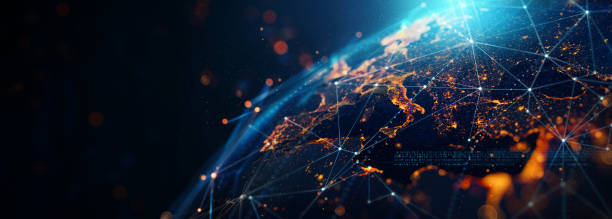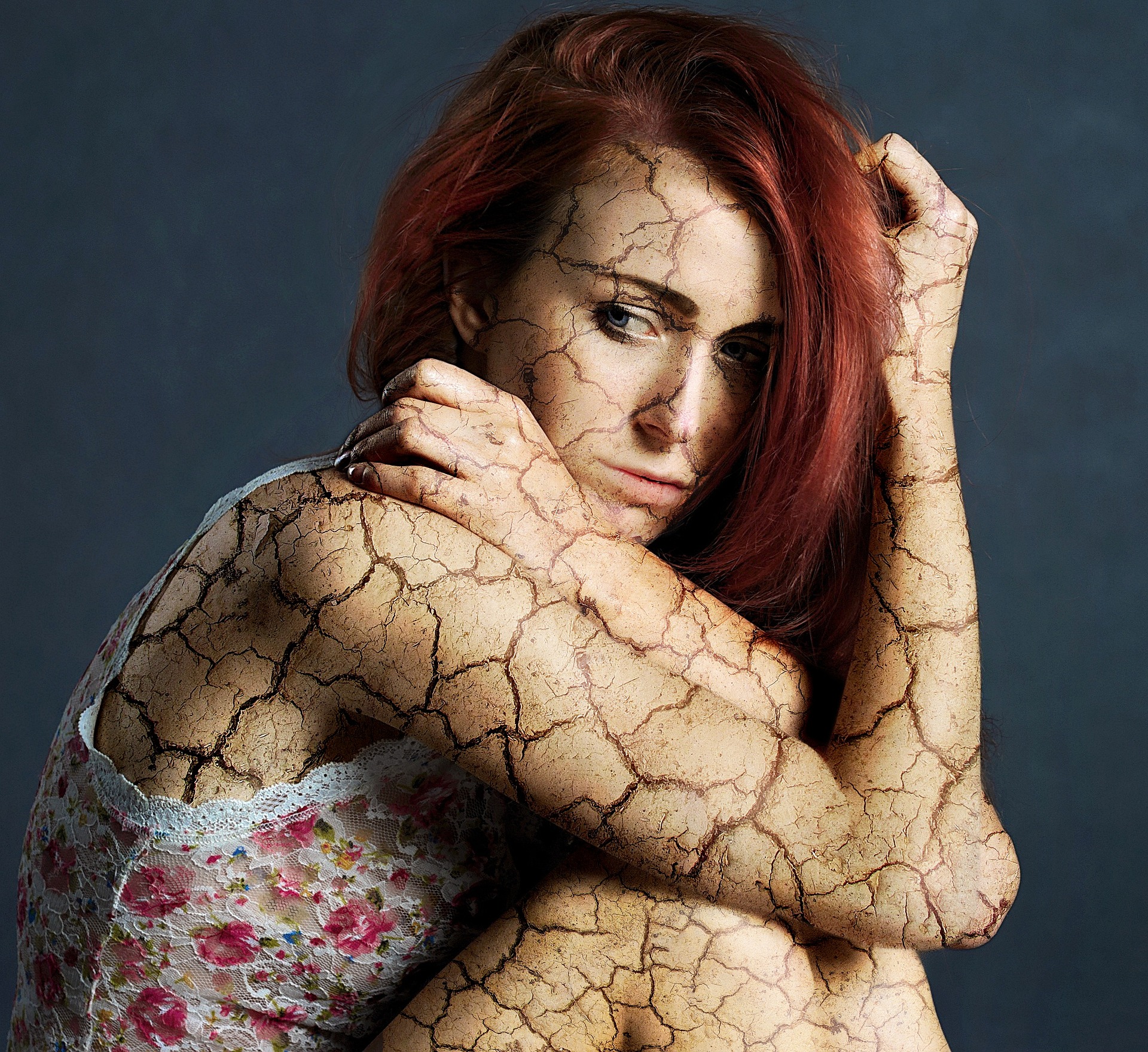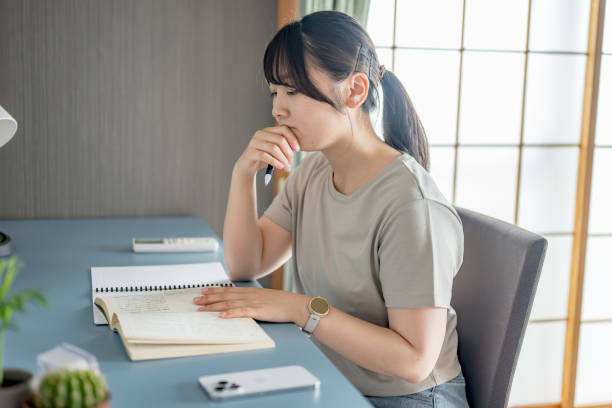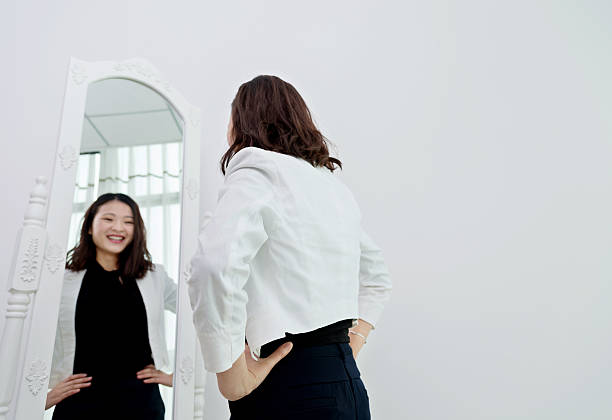Your cart is currently empty!

I want to take a moment to speak not just for myself, but for millions of people across the globe who live with epilepsy. This isn’t just about seizures or medical diagnoses—it’s about real lives, emotions, challenges, dreams, and the human experience. Epilepsy may be a part of who we are, but it does not define us. And yet, the world often sees us through the narrow lens of our condition. Today, I want to open that lens wider, to show you a fuller, more human picture. This is what I want the world to know about people like me.
Epilepsy is more than just seizures.
Most people only think of epilepsy as sudden convulsions or “fits.” But epilepsy is far more complex than what you may see on the surface. There are different types of seizures—some involve staring spells, confusion, memory lapses, or brief moments of altered consciousness. Some people don’t even realize a seizure has happened until later. The unpredictability of epilepsy is one of its hardest traits. It can strike at any time, without warning. This makes everyday life feel uncertain and sometimes scary—but we still get up and face the world each day with courage.
We are strong, even when we struggle.
People often associate epilepsy with weakness, fragility, or limitation. But what I want you to know is this: living with epilepsy takes incredible strength. It takes resilience to manage medication side effects, doctor visits, lifestyle restrictions, and the anxiety that comes from not knowing when the next seizure will occur. Many of us live with silent fears, yet we continue to work, study, love, parent, dream, and contribute. We don’t ask for pity—we just ask for understanding.
We face stigma, and that hurts more than you know.
Throughout history, epilepsy has been misunderstood, feared, and hidden. Even today, people with epilepsy are often judged, excluded, or treated differently. We’ve heard it all—”You don’t look sick,” or “Can’t you just snap out of it?”—and these words sting. Some people have lost jobs or been denied opportunities because of outdated ideas about what epilepsy is. What we want is not special treatment, but equal treatment. We want to be seen for our abilities, not our diagnosis.
We want support, not fear.
When someone has a seizure in public, many people freeze or panic. Others walk away, unsure of what to do. I want to encourage the world to learn a few simple things: stay calm, keep us safe from injury, time the seizure if possible, and stay with us until it passes. You don’t need to fix it—you just need to care. Your calm presence can make a world of difference.
We have hopes and dreams—just like you.
People with epilepsy want fulfilling lives. We want to travel, fall in love, build careers, raise families, and chase our passions. Sometimes, we have to navigate extra hurdles to get there, but that doesn’t mean we give up. When you look at us, don’t see a diagnosis—see a person. A person who is creative, determined, intelligent, and whole.
Epilepsy affects more people than you think.
Over 50 million people worldwide have epilepsy, yet it’s still widely misunderstood. It can affect anyone, at any age, from any background. Some of us are born with it, while others develop it after head injuries, infections, or unknown causes. It doesn’t discriminate—and it doesn’t make us less human.
We are more than the moments you see.
You might see a seizure, but you don’t see the exhaustion that follows. You don’t see the fear we carry, or the strength it takes to show up every day. You don’t see how hard we work to live our lives fully. But now, I hope you begin to.
What I want the world to know is this:
People like me are worthy of compassion, dignity, and inclusion. We are not broken. We are not “others.” We are your neighbors, your classmates, your co-workers, your family. We have the same right to live boldly and bravely as anyone else. Epilepsy is part of our story—but it is not the whole story.
So, let’s write a better story together. One where people with epilepsy are empowered, accepted, and understood. One where we can live freely without hiding or fearing judgment. One where the world sees us—really sees us—and says, “You belong.”
That’s all we want.
That’s all I want.



